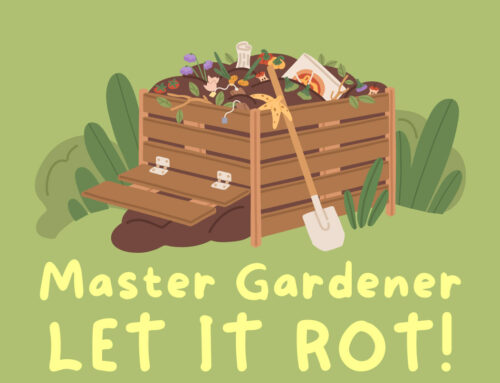In 1988, neighborhood resident Stephen Ralston was eating breakfast and preparing for another hectic day at the architectural firm. That day was transformed when he found himself lying on the floor staring at the jam that once covered his muffin now smeared across his carpet.
“The thing I kept thinking of while I was lying there was that my wife was going to kill me if I didn’t get that cleaned up,” he says.
He guessed that he had experienced a seizure. After calling his office, he drove himself to the doctor. He learned there was a cancerous tumor in a part of his brain that controlled the right side of his body.
Life expectancy was uncertain. Along with radiation treatment, a significantly less stressful life was prescribed.
Ralston knew his fast-paced, hard-earned career as an architect was over. He was 30, and had only been married a year at the time of the diagnosis. Some tough decisions had to be made. His illness provided a new perspective on his choices.
“I had a whole new outlook on things. I decided that I had to live every day the best I could and start doing the things I’d been putting off for later in life,” he says. “I realized that there was no time to waste.”
The decision was clear. He would devote himself to his first love: art.
The change in lifestyle was difficult for both Stephen and his wife, Sandy, as they both had to deal with what Stephen calls the “horribly slow” process of getting his artwork recognized.
“I began drawing somewhat whimsical designs and sending them as Christmas cards, and that’s where my first clients came from,” he says.
Ken Knight, owner of a gift shop by the same name in the Quadrangle, saw one of the cards and, after several meetings between the two, decided to hold an exhibition of Ralston’s work.
“Steve came to us with images that were enlightening and charming, and we started discussing how this could be marketable,” Knight says.
In 1990, Ralston formed RalstonArt to market his line of T-shirts, pillows, reproductions and original drawings. Ralston’s artwork can now be found at Ken Knight, Nuvo and Cafe Brazil in Dallas; and also at shops in Miami, Los Angeles, Colorado, Austin and Houston.
Ralston’s work has been shown at galleries in Kansas City, Lincoln Gallery in Dallas and Gabberts, which periodically purchases his work to sell in their furniture showrooms.
Now permanently on anti-seizure medication, Ralston reflects on the long road from architect to artist with gladness.
“I had no idea that such a tragedy would be a blessing in disguise,” he says. “But now I wouldn’t have it any other way.”





